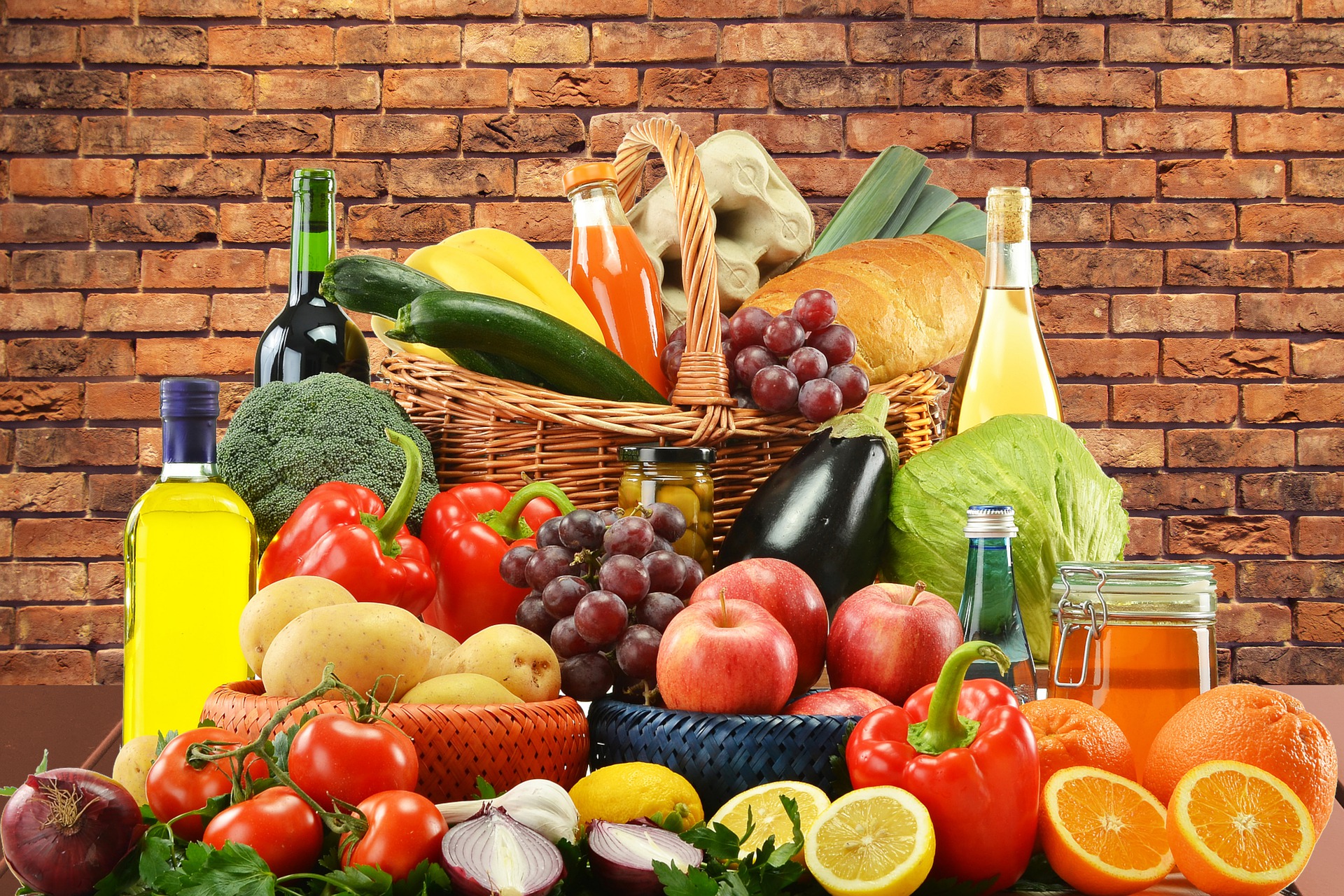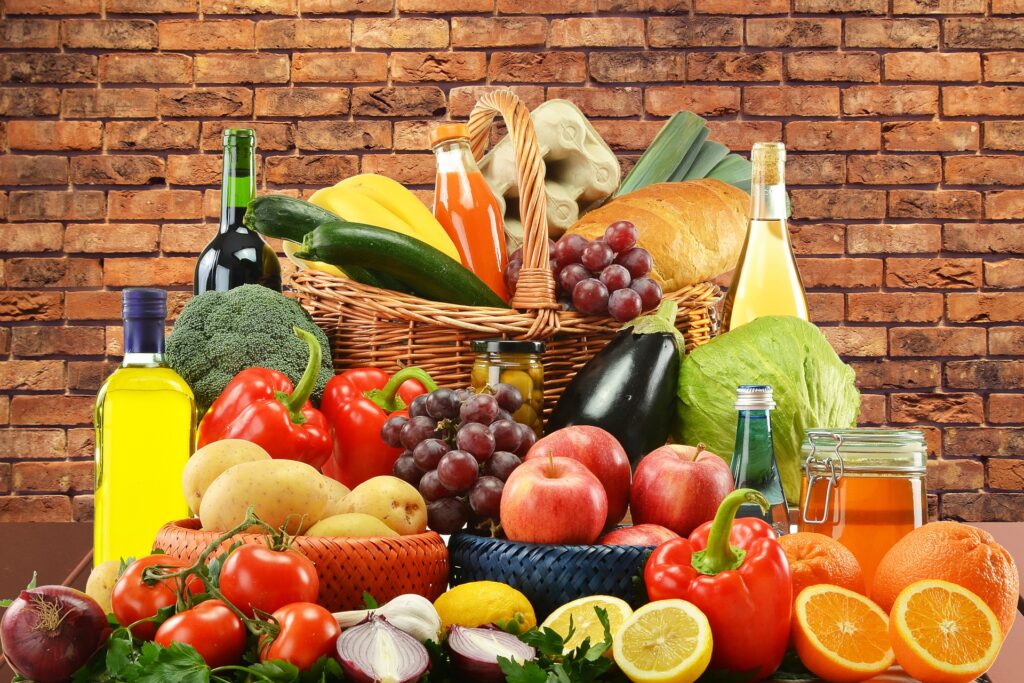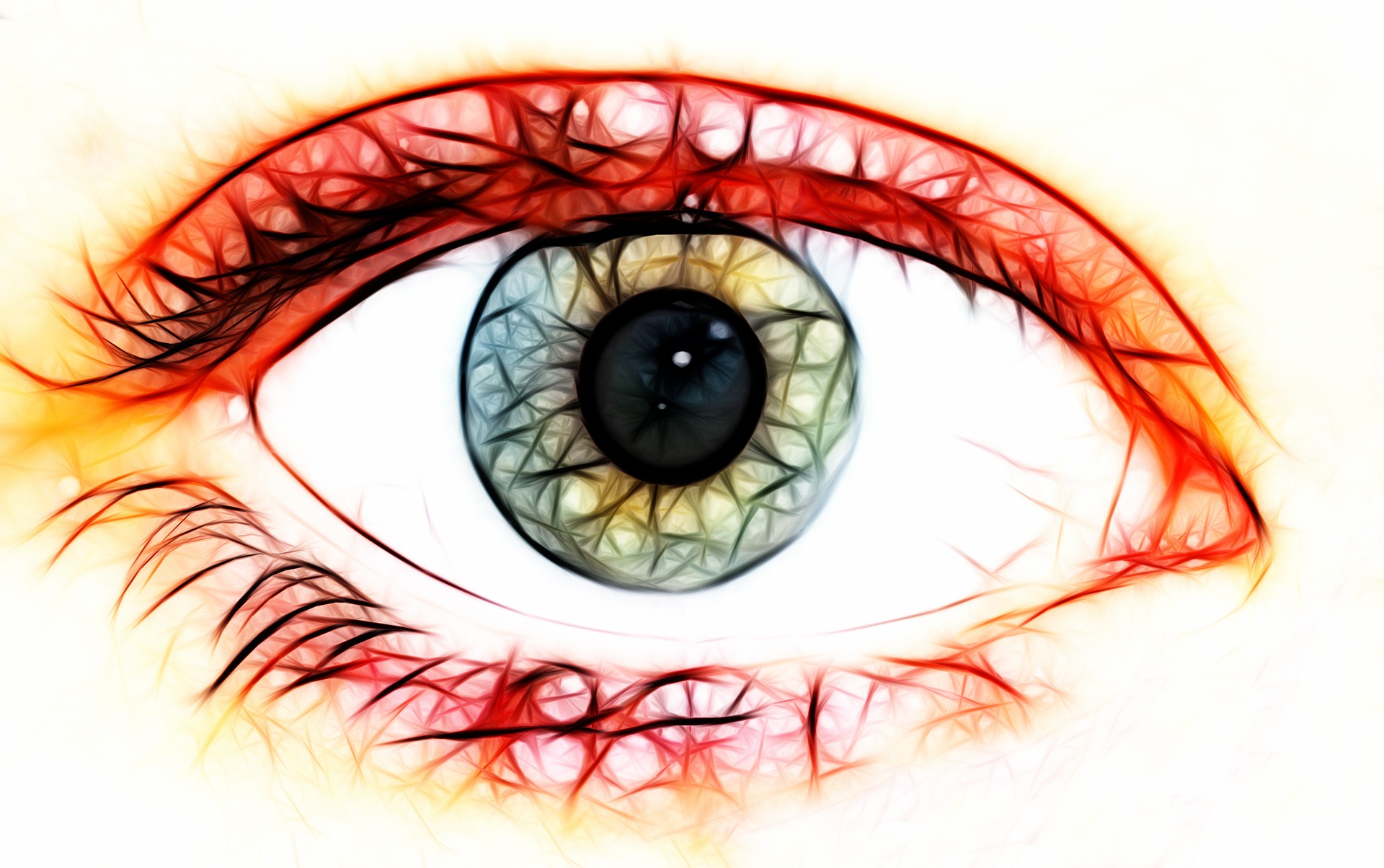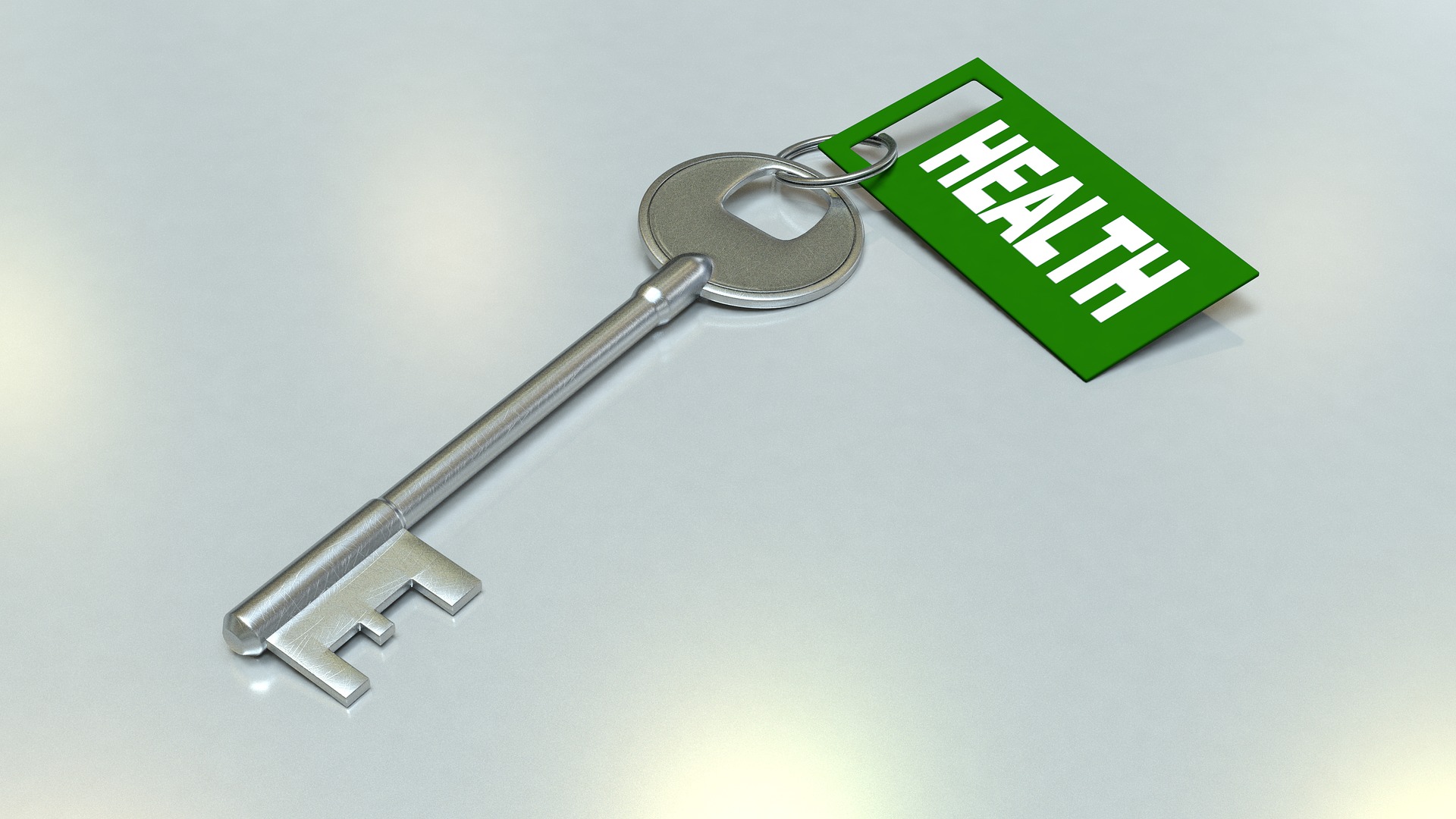
FRUIT & VEG COULD BE A REMEDY TO SLEEPLESSNESS
HAPPY NEW YEAR! HAPPY CRISES FREE YEAR!
I saw this article and read it. However knowing how sleeplessness affects a lot of people living with Sickle Cell. I thought I would share it.
The title of the article was ‘Why fruit and veg could be nature’s secret sleep remedy: Never mind hot baths, pillow sprays and pills, experts say your DIET is key to getting a good night’s rest.’
A growing body of research suggests there may be a simpler way to improve your slumber — and that is by improving what you eat.
While it’s long been recognised that drinks and food containing caffeine, a stimulant, may hamper sleep, it seems that certain food groups — including fruit, vegetables and even certain breads — may have the opposite effect.
This was the finding from a review of studies, recently published in the journal Annual Review of Nutrition.
Marie-Pierre St-Onge, an associate professor of nutritional medicine at Columbia University in New York, one of the authors of the paper, told Good Health: ‘We found that eating a diet containing plenty of fruit and veg, plus legumes and dark wholegrain breads, was associated with better quality sleep.’
The review was based on other findings, including one study published in Nutrients in 2020 and involving 400 women, which found that the more they adhered to a Mediterranean-style diet rich in fruit, vegetables, nuts and lean protein, then the more their sleep quality improved.
This study was self–reported, i.e. the women themselves were noting down their diet and sleep, but other scientists have seen similar results.
Indeed, following their own study, researchers from the University of Leeds, writing in BMJ Open in 2018, were so convinced of the link between diet and sleep, they said it could have ‘important implications for lifestyle and behavioural change policy’.
Research involved 1,612 adults who had to note their sleep patterns plus their fruit and vegetable intake over four days. Those who had fewer than seven hours sleep a night had 24g less fruit and vegetables a day than those who slept the optimum seven to eight hours.
Dr St-Onge said ‘The volunteers who’d eaten more fibre spent less time in the light stage of sleep, and more time in deep sleep,’ she says, ‘while eating more saturated fat was associated with less slow wave [deep] sleep.’
‘And the more sugar they had, the more arousals they had that night. We think that in the case of sugar, it leads to unstable blood sugar levels, which is what interrupts sleep.’
There are ‘multiple components in plant-based foods that may be associated with better sleep,’ says Dr St-Onge.
Fibre is just one example. St-Onge’s research has found that those eating the most fibrous legumes — which includes pulses such as lentils and chickpeas — have the best ‘sleep efficiency’ (in other words, the amount of time spent in bed when you’re actually asleep).
And when it comes to the Mediterranean-style diet in general, Dr St-Onge suggests it may be that its sleep benefits derive from tryptophan — an amino acid that the body uses (although cannot produce itself) to make the hormones melatonin, which helps us feel sleepy, and serotonin, which stabilises mood and also plays a role in sleep.
Yet, in order to take effect, tryptophan (found, for example, in turkey, fish, bananas and seeds) has to cross the blood-brain barrier, the semi-permeable wall of cells that protects the brain from toxins.
In order to cross it, tryptophan has to, in effect, hitch a ride on a ‘carrier’ protein — but it can be jostled out of the way by other amino acids waiting to get across. And at least one study has concluded ‘this limits the amount of serotonin that can be made’.
‘In the case of melatonin, your body is really good at producing it,’ says Kevin Morgan, an emeritus professor of psychology at the University of Loughborough, who’s spent much of his career researching sleep.
‘Sit in a bright light in the morning and you will kick-start the production of all you need.’
Catherine Collins, an NHS dietitian based in Surrey, believes there isn’t enough evidence yet to recommend a single diet — or food stuff — as a way to improve sleep.
‘The Mediterranean diet is the gold standard of diets, there is no doubt about that,’ she says. ‘However, studies to date have not involved enough people or been conducted for long enough to say for sure that specific components of it aid sleep.’
But, she says, the fact that the diet has anti-inflammatory effects ‘means it may be beneficial for health in other ways, such as for those with arthritis, for example, and may indirectly benefit sleep in the long term’.
And the fact that it keeps you feeling fuller for longer may be beneficial too, she adds. ‘Going to bed hungry will not help sleep.’
Dr St-Onge, however, believes that her research holds promise. ‘If we can find ways to improve the health of the population simply, I think that is worth pursuing.
As for her own sleep? ‘I already have a healthy diet,’ she says. ‘But when I wake up thinking “That was exceptionally good sleep”, I try to bear in mind what I did that might have helped with that. ‘Often we give our attention to bad sleep, but it can help to take a more positive approach.’
Source: Lucy Elkins for The Daily Mail
My book HOW TO LIVE WITH SICKLE CELL is available for purchase on www.told.dehinde.com & www.amazon.com






